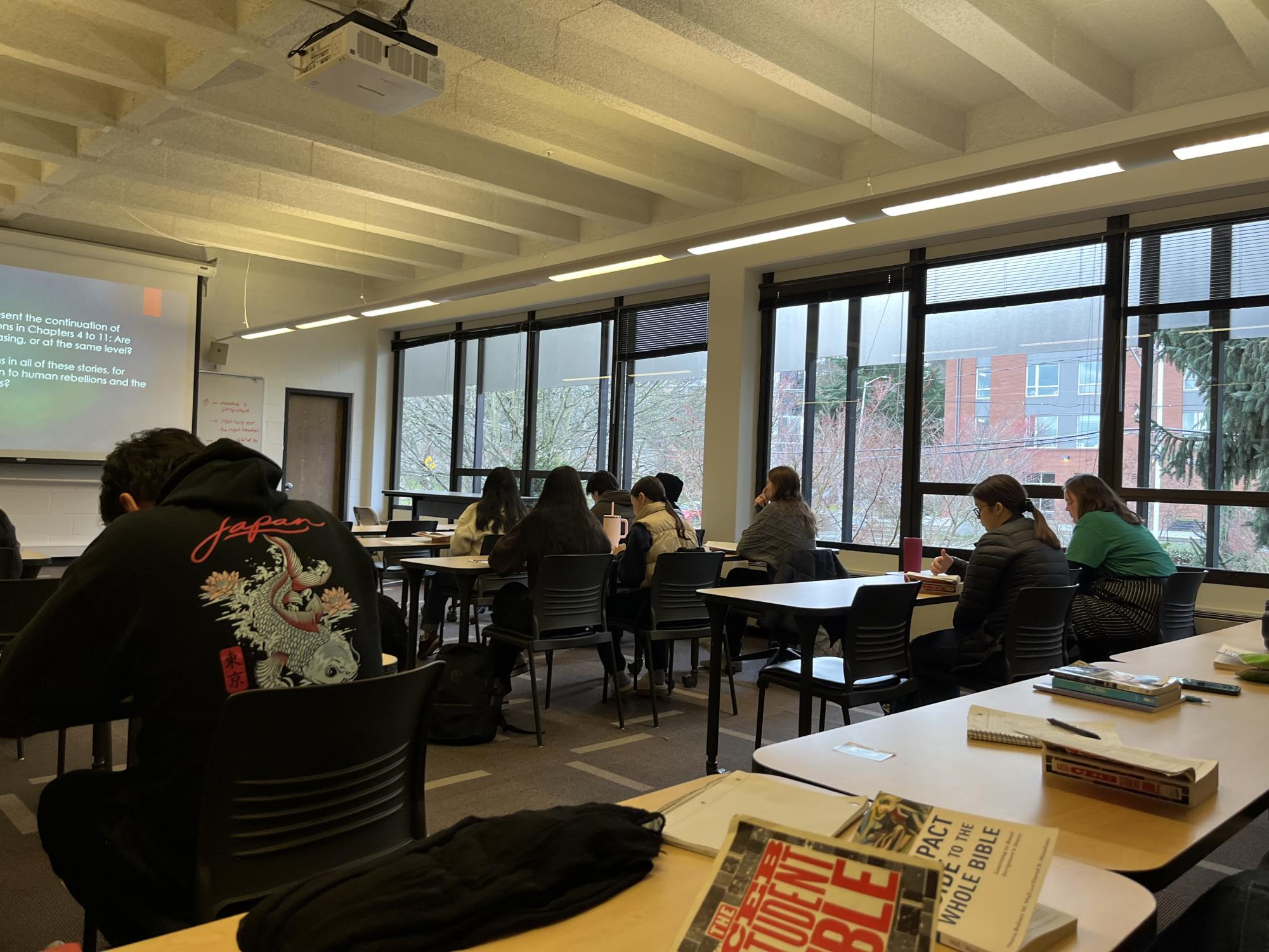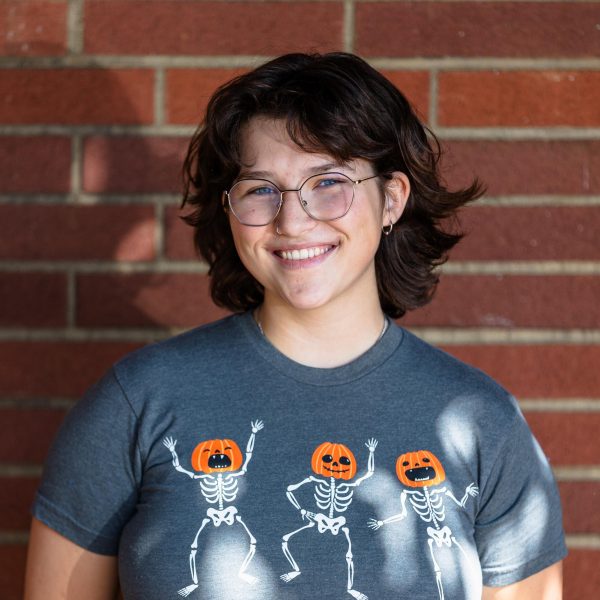
Within their years of study, students at private, Christian Seattle Pacific University complete three University Foundation courses: Christian Faith, Christian Scripture and Christian Theology. The current student population has varying opinions on the importance of University Foundation courses.
Throughout the four years of university, students are required to pass all three courses, the sequence aiming to provide students with the foundation of critical inquiry of faith and scripture.
Assistant professor of biblical studies Esther Cen advocates for the benefits of Christian education. Cen was introduced to Christianity later in life, giving her a unique perspective on the faith and the importance of incorporating it into higher education.
“As one who grew up with a different school system, I greatly appreciate Christian higher education’s focus on Paideia, a process of ‘culturing’ the young for character formation, a strength of the American education system,” Cen said.
Sophomore apparel design major Buddy Estrada feels that the benefits of University Foundation courses are not enough to require all three courses.
“I feel like by the third class, you’d be burnt out by doing it. I noticed I kind of didn’t want to take a second one after my first one,” Estrada said. “And the fact that you’re required to would make you not want to do it more, depending on your outlook.”
Estrada understands and appreciates the importance of learning, studying and conversing in faith, but feels that while the courses have merit for a Christian university, they are non-applicable to the greater higher educational system.
“Have the option still be here, but not make it a requirement. I feel like you’re paying a lot of money for a class that doesn’t transfer over to other schools,” Estrada said.
Professors feel these courses have unexpected benefits for those who do not identify as Christian. Douglas Koskela, professor of theology, explained that besides the spiritual nourishment he finds in teaching theology, these classes can also give great context to the larger world.
“Understanding the Christian faith is a key part of understanding our world. The tensions and the possibilities of the present moment, and the story of how we got here are hard to understand apart from the impact of Christianity,” Koskela said.
Cen noted the advantages this type of education provides to students’ holistic lives. She gives the metaphor of life being a tent; people need tools to remain tied to their foundations when a storm comes.
“In my opinion, these UFDN courses help students develop the ‘tent pegs’ that keep them grounded in life,” Cen said.
There is a widespread consensus that UFDN classes do not live up to the intended purpose within their greater education. Abigail Brown, an SPU alumnus, has rarely used the foundational knowledge of the first two UFDN classes in her professional or personal life.
Growing up in the Christian faith, Brown came into SPU with a great depth of understanding of the content covered in the first two University Foundation courses. She felt that only the last course in the sequence, Christian Theology, challenged her with critical inquiry.
Brown remembered that even her friends who were new to Christianity found the initial material lacking in deeper questions.
“If a Christian university wants to have required classes to push ideas of faith and theology, they need to be challenging. SPU needs to seriously revisit the content and structure to challenge both Christian and non-Christian students,” Brown said.

















































































